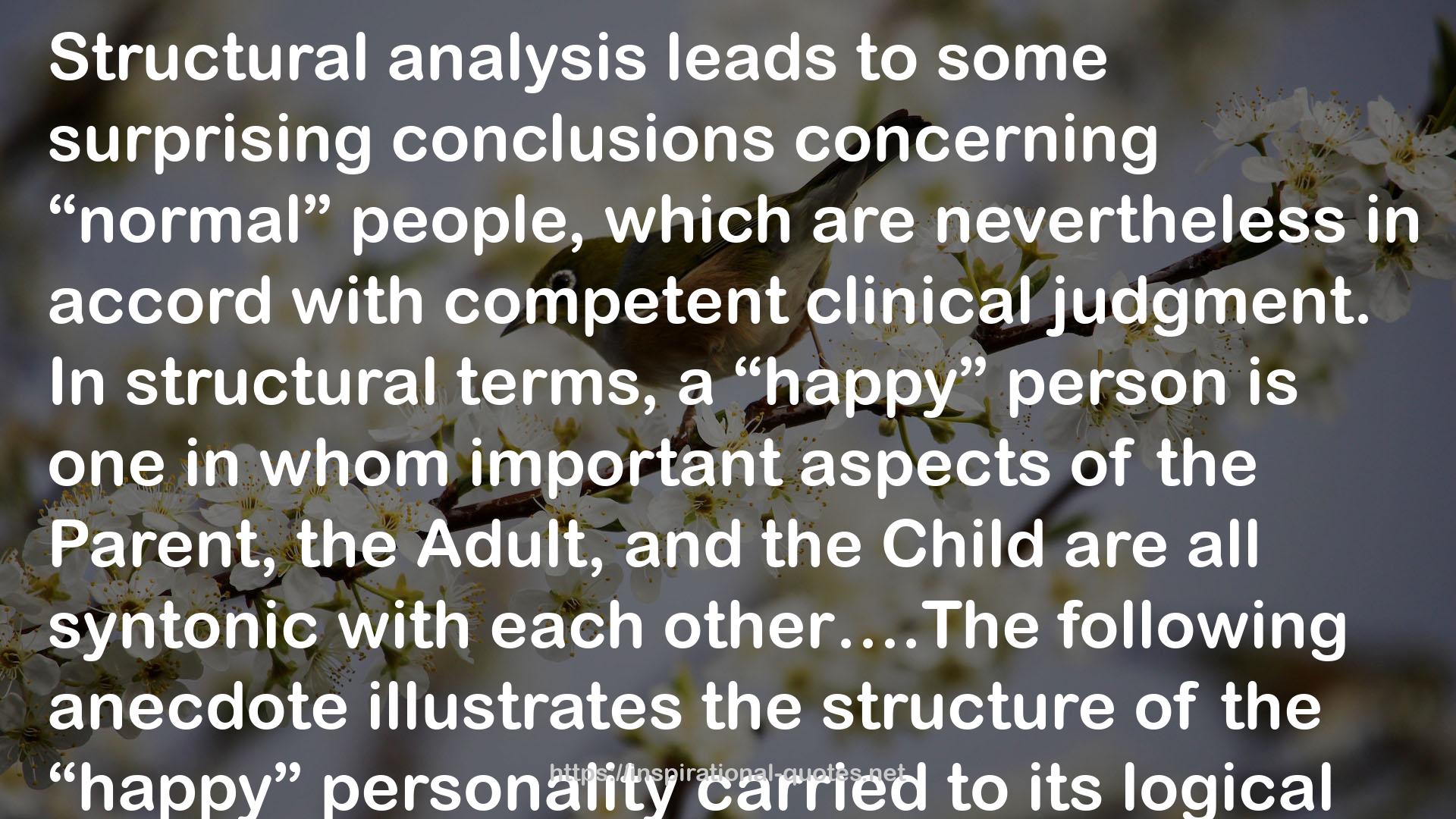Transactional Analysis in Psychotherapy QUOTES
SOME WORKS
- The Radicality of Love
- Zapatista Spring: Anatomy of a Rebel Water Project & the Lessons of International Solidarity
- Critical Masses: Who Wins, Who Loses, Who Decides
- The Book of Eden: The Keepers Series, Book Two
- Don't Forget Us Here: Lost and Found at Guantanamo
- Las Vegas on Twelve Dollars a Day
- Kiss and Tell (T-FLAC #2; Wright Family #1)
- With the Old Breed: At Peleliu and Okinawa
- Generation Kill: Devil Dogs, Iceman, Captain America, and the New Face of American War

